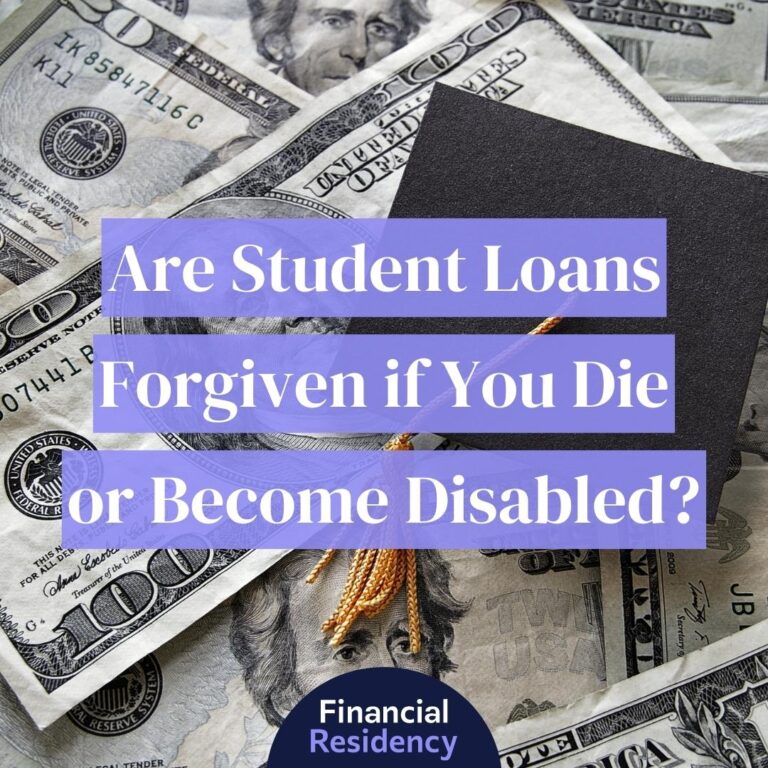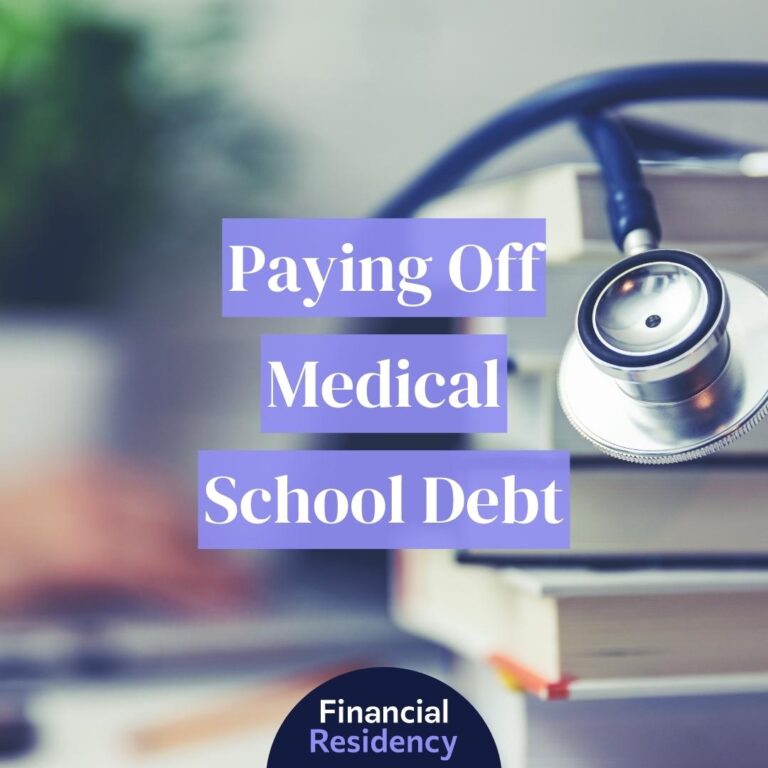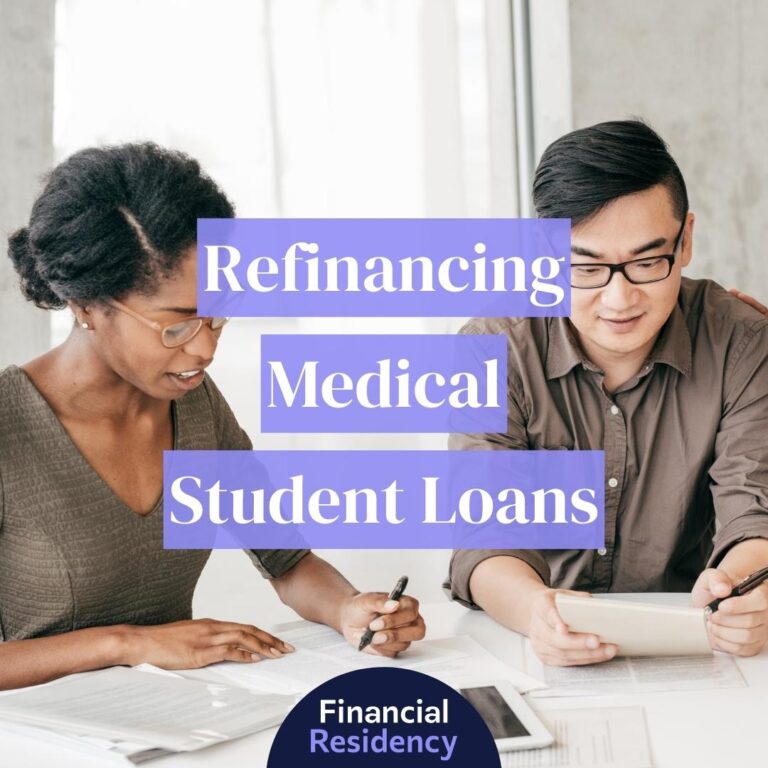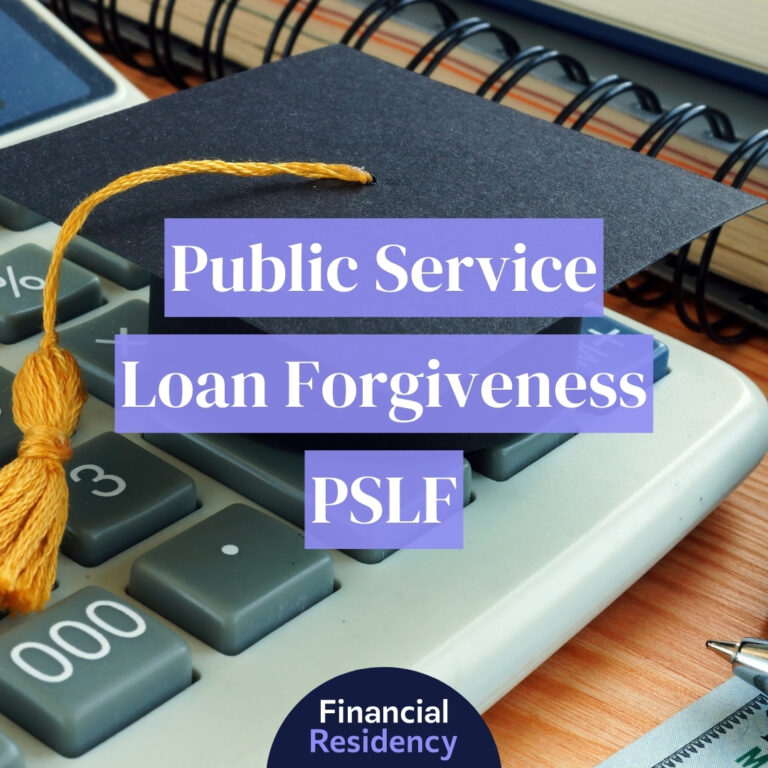The National Health Service Corps brings health professionals to high-need areas of America by offering extra benefits, through student loan repayment, to otherwise low-paying and possibly undesirable positions.
The National Health Service Corps (NHSC) serves two roles:
1) To award scholarships to students training to become health care workers.
2) To pay school loans for current primary health care workers.
Their mission is to support skilled health care workers serving in high-need areas, called Health Professional Shortage Areas (HPSAs). Their work in 2019 brought care to 13.7 million people from more than 13,000 clinicians. Since their inception in 1970, more than 50,000 primary care medical, dental, and mental and behavioral health professionals have served.
To encourage health professionals to serve, the National Health Service Corps provides funding to help pay back the student loans of their members.
The National Health Service Corps offers four student loan assistance programs:
- NHSC Loan Repayment Program
- NHSC Scholarship Program
- NHSC Students to Service Loan Repayment Program
- NHSC Substance Use Disorder Workforce Loan Repayment Program
Each program requires a two to three-year commitment to work in a high-need area. The amount of loan forgiveness varies by location and can be up to $50,000 per year.
NHSC Loan Repayment Program
This is the National Health Service Corps’ main loan repayment program and offers the highest student loan repayment amount per year of service of all of their programs.
Maximum Amount Forgiven:
The amount of forgiveness varies by the score of the Health Professional Shortage Areas (HPSAs) where you serve.
- An area with a score of 14 or higher qualifies for the full $50,000 per year of loan repayment.
- An area with a score of 13 or lower only qualifies for $30,000 per year of loan repayment.
You can also serve half-time, but the student loan forgiveness amount is also cut in half.
- An area with a score of 14 or higher qualifies for the full $25,000 per year of loan repayment at half time.
- An area with a score of 13 or lower only qualifies for $15,000 per year of loan repayment at half time.
Here’s What You Need To Do To Qualify:
National Health Service Corps participants must commit to serve 2 years (full-time) or 2 years (half-time) at an approved site in a designated Health Professional Shortage Area.
You must also be a U.S. Citizen, fully-trained and licensed in the State where you intend to practice, be free of any judgment liens for Federal debts, not in breach of a government entity and have no other outstanding contractual obligations for service.
Work in one of these specialties:
- Primary Care Medical
- Dental
- Behavioral Health
- Mental Health
Annual Deadline:
Thursday, April 23, 7:30 p.m. ET
More Information:
Contact:
Health Resources and Services Administration
Wilmarie Hernandez, Health Communications Specialist
5600 Fishers Lane
Rockville, MD 20857
Phone: (301) 443-8727
Email: whernandezVelez@hrsa.gov
NHSC Scholarship Program
The NHSC Scholarship Program provides scholarships to current students who commit to working for the National Health Service Corps for at least two years.
Maximum Amount Forgiven:
Educational expenses and a monthly stipend for living expenses.
Here’s What You Need To Do To Qualify:
While you are in school, you will need to commit to the same requirements as the NHSC Loan Repayment Program above.
You are required to commit to serving 2 years (full-time) or 2 years (half-time) at an approved site in a designated Health Professional Shortage Area.
You must also be a U.S. Citizen, be free of any judgment liens for Federal debts, not in breach to a government entity, and have no other outstanding contractual obligations for service.
Work in one of these specialties:
- Physician: MD or DO
- Dentist: DDS or DMD
- Nurse Practitioner
- Certified Nurse-Midwife
- Physician Assistant
Annual Deadline:
Thursday, April 23, 7:30 p.m. ET
More Information:
Contact:
Health Resources and Services Administration
Wilmarie Hernandez, Health Communications Specialist
5600 Fishers Lane
Rockville, MD 20857
Phone: (301) 443-8727
Email: whernandezVelez@hrsa.gov
NHSC Students to Service Loan Repayment Program
The NHSC Scholarship Program and the NHSC Students to Service Loan Repayment Program are very similar, except the NHSC Students to Service Loan Repayment Program requires a commitment of 3 years full time or 6 years half-time in areas of the greatest need.
Maximum Amount Forgiven:
Educational expenses and a monthly stipend for living expenses.
Here’s What You Need To Do To Qualify:
Participants must work at National Health Service Corps approved sites in federally designated Health Professional Shortage Areas of greatest need throughout the United States and its Territories; upon completion of residency, 3 years of full-time or 6 years of half-time service.
You must be a U.S. citizen (U.S. born or naturalized) or a U.S. National.
Be pursuing one of these degrees:
- M.D.
- D.O.
- D.D.S.
- D.M.D.
More Information:
NHSC Students to Service Loan Repayment Program
Contact:
Health Resources and Services Administration
Wilmarie Hernandez, Health Communications Specialist
5600 Fishers Lane
Rockville, MD 20857
Phone: (301) 443-8727
Email: whernandezVelez@hrsa.gov
NHSC Substance Use Disorder Workforce Loan Repayment Program
The NHSC Substance Use Disorder Workforce Loan Repayment Program was introduced to encourage health care professionals, including behavioral health clinicians, to serve in the National Health Service Corps to combat the opioid crisis.
This program began in 2018, and as of 2019, 1,250 of the NHSC’s providers were in this program.
Maximum Amount Forgiven:
Up to $75,000 in student loan repayment for three years. This is cut in half for participants who work half-time.
Here’s What You Need To Do To Qualify:
Work at an NHSC SUD Workforce LRP-approved service site during a three-year commitment to provide substance use disorder treatment services. You may work full-time or half-time.
You must also be a U.S. citizen (U.S. born or naturalized) or U.S. National, and a health professional in an eligible discipline with qualified student loan debt for an education that led to your degree.
Work in one of these specialties:
- Physicians
- Nurse Practitioners
- Certified Nurse-Midwives
- Physician Assistants
- Behavioral Health Professionals
- Substance Use Disorder Counselors
- Registered Nurses
- Pharmacists
More Information:
NHSC Substance Use Disorder Workforce Loan Repayment Program
Contact:
Health Resources and Services Administration
Wilmarie Hernandez, Health Communications Specialist
5600 Fishers Lane
Rockville, MD 20857
Phone: (301) 443-8727
National Health Service Corps & Public Service Loan Forgiveness
Working towards a National Health Service Corps program generally qualifies you for earning credit towards Public Service Loan Forgiveness as well. However, if you are pursuing Public Service Loan Forgiveness, the extra payments towards your student loans don’t help speed up your time to forgiveness.
You’ll still need to make 120 qualifying payments, but those payments could be offset by the payments from the National Health Service Corps through a new policy revision to Pay Ahead Status.
With the revised rules on Pay Ahead Status, you might not have to pay more than $1 a month out of pocket for the remainder of your qualifying payments. Here’s an example of how the Pay Ahead Status policy change could help you if you enroll in the National Health Service Corps and then pursue Public Service Loan Forgiveness.
For this example, let’s assume you’re just about to finish a 4-year residency and you enroll in the National Health Service Corps for two years under their NHSC Loan Repayment Program. To date, you’ve made 48 qualifying payments towards Public Service Loan Forgiveness.
I’ll assume that you work in an area with a Health Professional Shortage Area (HPSA) score of 14 or higher, qualifying you for the maximum benefit of $50,000 per year.
After your first year working for the National Health Service Corps, $50,000 will be applied to your loans. Normally, you would have a minimum payment due based on your Income-Driven Repayment Plan. Until your Pay Ahead credit is reduced to $0, you can make $1 payments that count towards Public Service Loan Forgiveness. With the second payment of $50,000 at the end of your second year of working with the National Health Service Corps, it’s possible to have a $1 payment for the remainder of your time to forgiveness.
You might have noticed that I kept your payment above $0, even if you didn’t actually owe anything that month. The Pay Ahead Status policy changes from January 2020 require that you still make a payment that is more than $0 each month to earn credit towards a forgiveness program.
Because this is a new policy, this strategy is likely to cause confusion with your loan servicer. If your payment is not counted towards Public Service Loan Forgiveness there is an appeal process, but this is still a risky strategy. I don’t discredit borrowers who don’t want to risk having an appeal denied, causing headaches and years of possibly uncounted payments towards Public Service Loan Forgiveness.
If you’re interested in learning more about the Pay Ahead Status policy and Public Service Loan Forgiveness, visit the faq page on studentaid.gov’s website.
Is the student loan assistance taxable?
Any repayment or scholarship that is received from the National Health Service Corps is not treated as taxable income.
What goes into a Health Professional Shortage Areas (HPSAs) score?
Health Professional Shortage Areas (HPSAs) are scored from 0 to 26 based on their geographic area, the population groups that live there, and the facilities in the area.
A higher score means that the area has a much higher need for more health professionals. Here are a few of the highest scoring (highest-need) areas by state:
New York: The Chautauqua Center, HPSA Score: 26
Florida: Central Florida Health Care, Inc., HPSA Score: 26
Texas: Atascosa Health Center, Inc., HPSA Score: 26
California: United Health Centers of The San Joaquin Valley, HPSA Score: 25
To view a full list of all Health Professional Shortage Areas by state, visit this database.
Any HPSA with a score of 14 or higher is considered to be very high-need and typically qualifies for a higher student loan repayment benefit.
Geographic Area
A rural area with very few providers within a large area would score higher. This component of the HPSA score is broken into High-Needs Geographic HSPA and Geographic HPSA.
Population Groups
This is one of the main factors of an area’s HPSA score. Each area is scored based on:
- Homeless Population HPSA
- Low Income Homeless Migrant Farmworker Population HPSA
- Low Income Homeless Migrant Seasonal Worker Population HPSA
- Low Income Homeless Population HPSA
- Low Income Migrant Farmworker Population HPSA
- Low Income Migrant Seasonal Worker Population HPSA
- Low Income Population HPSA
- Medicaid Eligible Population HPSA
- Migrant Farmworker Population HPSA
- Migrant Seasonal Worker Population HPSA
- Native American Population HPSA
- Other Population HPSA
HPSA Facilities
This factor in the HPSA score of an area considers the type of facility that has a health provider shortage. These are broken into:
- Correctional Facility
- Federally Qualified Health Center
- Federally Qualified Health Center Look-alike
- Indian, Tribal and Urban Indian Organizations
- Indian Health Service, Tribal Health, and Urban Indian Health Organizations
- Other Facility
- Rural Health Clinic
- State Mental Hospital
Other Factors
Once the HPSA score is defined for an area, it is added to one of these four groups based on its’ rural status:
- Rural
- Partially Rural
- Non-Rural
- Unknown
How to Join the National Health Service Corps:
If you are interested in joining the National Health Service Corps, you should start by visiting their website or calling to speak to one of their representatives.
Visit their website or call: 1-800-221-9393
Deciding whether or not to go into public service shouldn’t be decided upon because of your student loans. If you’re dedicated to giving back and serving high-need areas or to fighting the opioid epidemic, joining the National Health Service Corps could be the right move for you.
Forgiveness programs for student loans typically come with a time-based commitment to public service, and the National Health Service Corps is no different. However, the National Health Service Corps does have one of the shortest time commitments to receive student loan repayment assistance. Two to three-years is a fraction of the 10-years it takes borrowers to receive student loan forgiveness under Public Service Loan Forgiveness.



